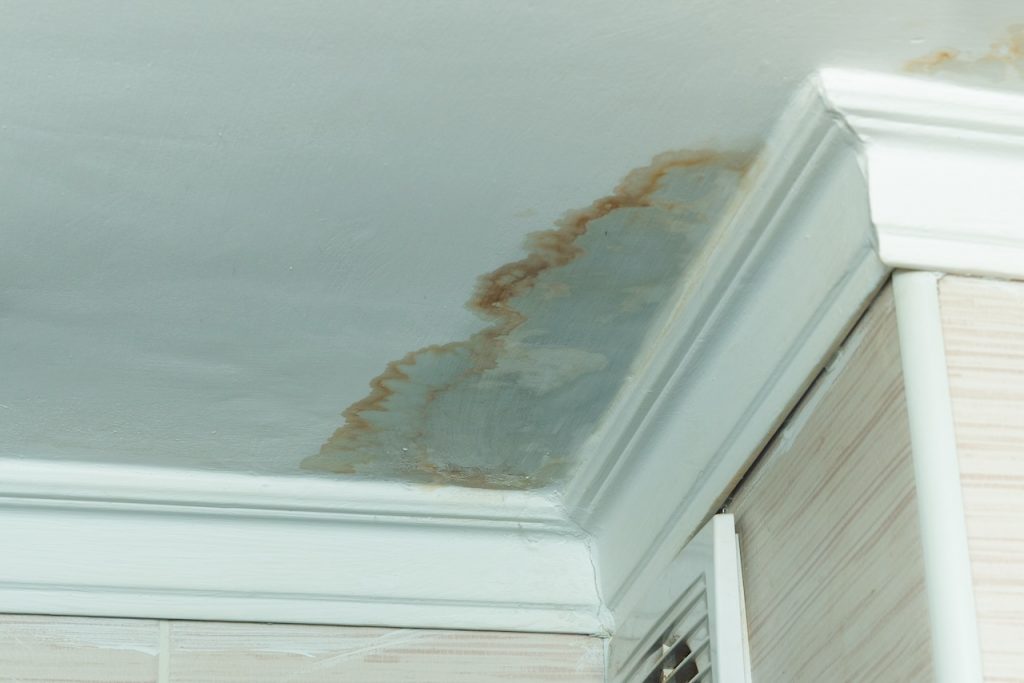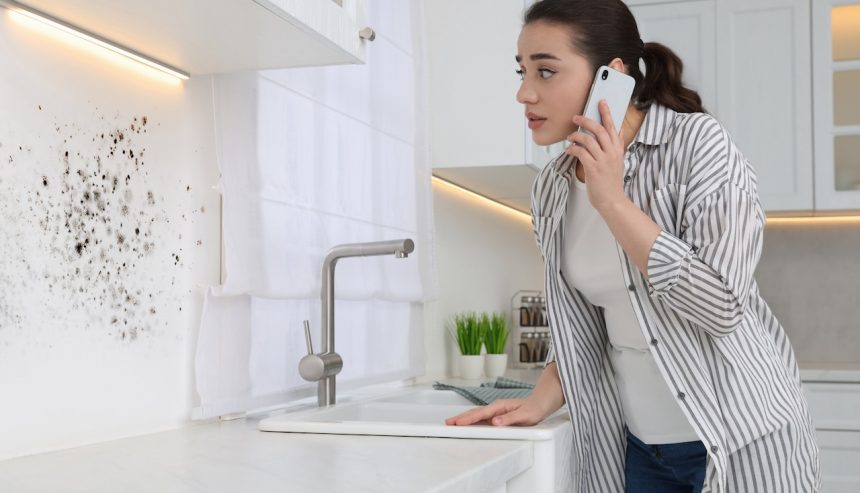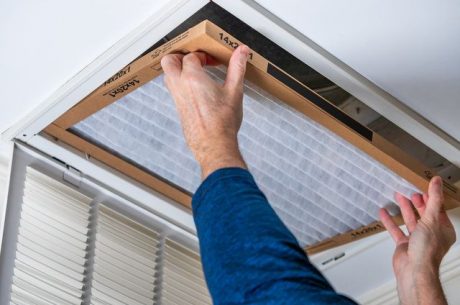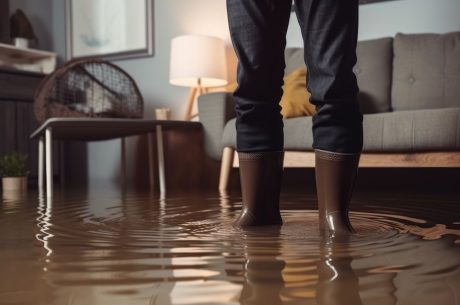Mold issues can create confusion and tension between tenants and landlords, especially when deciding who is responsible for mold removal in Virginia. Understanding lease agreements, legal responsibilities, and steps to take if mold is discovered is crucial in addressing mold-related disputes.

Tenets are generally expected to follow preventative measures, such as keeping areas well-ventilated.
Understanding Lease Agreements and Responsibilities
In Virginia, rental agreements play a significant role in determining whether mold removal falls under the responsibility of the tenant or landlord. Lease documents often include specific clauses outlining maintenance obligations. Typically, landlords must maintain habitable living conditions, keeping the property free from hazardous mold levels.
However, if mold develops due to tenant negligence, such as not addressing leaks or failing to ventilate spaces properly, the tenant might be held accountable for remediation. Reviewing the lease terms carefully can clarify each party’s role in maintaining a mold-free environment and may provide insights into any preventive measures expected from tenants.
Legal Obligations for Mold Remediation

As the tenant, immediately contact your landlord if any mold or water damage is discovered.
Virginia landlords have legal obligations to ensure rental units are safe for occupancy. This duty often includes promptly addressing mold when it poses a health risk. Although Virginia law does not explicitly mandate landlords to conduct mold inspections or remediation, certain situations require action:
- Habitability Standards: Virginia’s habitability laws require landlords to keep rental properties safe and habitable. If mold levels compromise the rental unit’s habitability, landlords may need to resolve the issue.
- Health Risks: Mold exposure, especially black mold, can lead to respiratory problems, asthma, and other health conditions. According to guidelines by the EPA, addressing mold growth when it’s visible or suspected due to water damage is essential to maintaining indoor air quality.
- Communication: Tenants should inform landlords promptly if they detect mold or suspect water damage, enabling the landlord to address the issue promptly and potentially mitigate further property damage or health risks.
Virginia’s laws suggest that landlords are responsible for mold removal unless it results from tenant negligence. On the other hand, tenants are expected to follow preventive measures, such as keeping areas well-ventilated and promptly reporting any signs of mold growth.
Steps to Take When Mold is Discovered

Tenants should immediately document any issues before contacting their landlord.
If mold is found within a rental property, both tenants and landlords can take action to manage the situation effectively:
- Documentation: Tenants should document any visible mold and any damage that may have caused it. Photos, videos, and written notes provide evidence and facilitate communication with the landlord.
- Prompt Notification: Tenants should notify their landlord immediately to initiate the remediation process and prevent further contamination.
- Assessment and Remediation: Landlords should arrange an inspection to determine the mold’s extent and cause. If the mold results from a structural issue, it is typically the landlord’s responsibility to address it.
- Professional Mold Removal Services: Professional mold remediation may be necessary depending on the mold type and extent. Experts can properly identify mold types, remove contaminated materials, and thoroughly clean up.
Resources for Resolving Disputes Over Mold Cleanup
When disputes arise regarding who should handle mold removal in Virginia, several resources can help:
- Virginia Legal Aid: This organization provides legal assistance and guidance to tenants dealing with mold disputes.
- Small Claims Court: For disputes where an agreement cannot be reached, tenants may file a claim in small claims court to request compensation for costs incurred from mold damage.
- Environmental Health Department: Local health departments can provide information on mold and tenant rights in Virginia. Additionally, they may offer resources for addressing severe mold issues impacting health.
For both landlords and tenants, addressing mold concerns early is vital. Failure to act on mold issues can lead to property damage, health risks, and potentially costly legal disputes.
Sterling’s Mold Removal Specialists
Mold issues require prompt attention, and if you’re dealing with a mold problem, PuroClean of Sterling is here to help. Our professional mold remediation team follows strict protocols to ensure safe and effective mold removal. For more information, visit PuroClean of Sterling or call (703) 579-8912. Trust our experts to restore your property to a safe, healthy condition.




 PuroClean Emergency Restoration Services
PuroClean Emergency Restoration Services